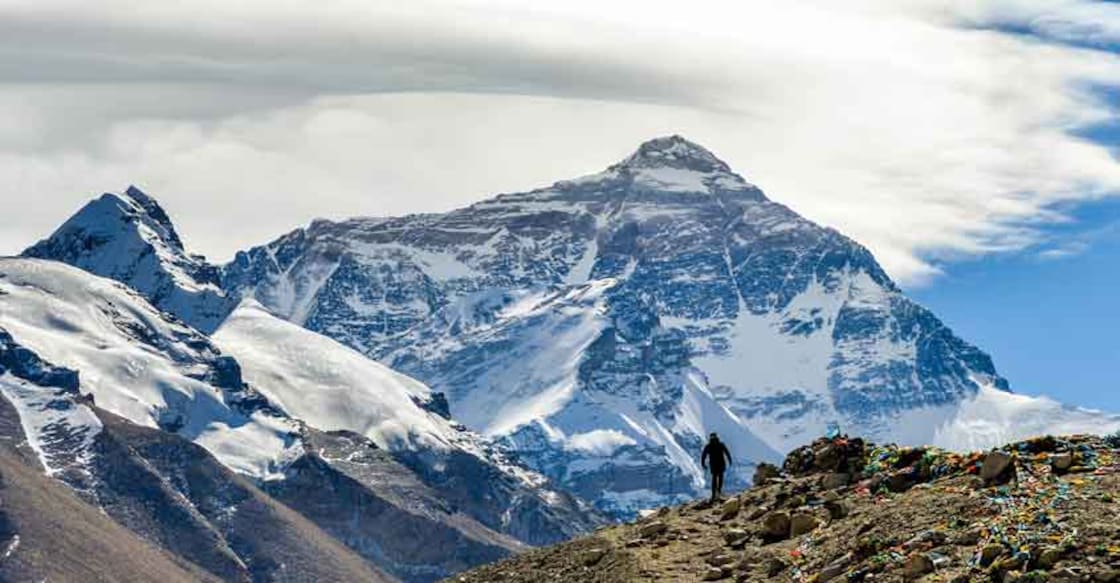Nepal issues new guidelines for mountaineering, trekking activities

Mail This Article
Kathmandu: Nepal's Ministry of Culture, Tourism and Civil Aviation has issued new guidelines for foreign tourists aimed at minimising the spread of Covid-19 during mountaineering and trekking activities, the media reported on Tuesday.
According to one of the most important guideline, tourists must secure an entry-visa, or an entry-permit in absence of visa-provision in their countries in co-ordination with respective agencies, The Himalayan Times reported.
Travellers must also carry a PCR test report conducted not more than 72 hours ago, proving that the person was Covid-19 negative.
Along with the report, the person must have booking-documents for the hotel wherein they will stay for at least seven days in quarantine and also provide papers showing that he/she has insurance of $5,000.
In addition to the above-mentioned conditions, the traveller must also undergo a PCR test at their own expense on the fifth day of being quarantined and if the result is positive, the person must stay in quarantine for as long as they do not test negative.
The Ministry further said that the trekking or mountaineering agency must ensure travellers from Nepal against coronavirus for a sum of 100,000 NPR prior to applying for permits, reports The Himalayan Times.
Travel enthusiasts must also abide by all the protocols laid out by the Health Ministry. Meanwhile, eight-time Everest climber Pemba Sherpa criticised the new guidelines, saying there will be no trekkers and mountaineers in the upcoming season.
"They won't come here to stay at a hotel for a week even after having a negative PCR report," Sherpa said while asking the government to review its decision.
Nepal opened Mount Everest and other Himalayan peaks on July 30 after a nearly five-month closure due to the Covid-19 pandemic.
All spring season expeditions that usually last from March to May were suspended in the wake of the pandemic.
The government had halted the issuance of climbing permits for expeditions and cancelled issued permits for the spring season 2020 on March 13. An expedition to Everest usually takes 45 to 90 days, a short climbing window, depending on favourable weather, and generally falls after mid-May.

